Don't get bit by the Cobra Effect
/This is a short-form video on the Cobra Effect. It is a topic that I think is valuable to understand for those seeking to make better human-centered and data-driven decisions. There are a couple of reasons why this is top of mind right now. First, the Cobra Effect is an important concept that everyone should be aware of, especially if you are in a position where you are creating or influencing metrics and their target. Second, I see more and more gaps where discussion around incentives and unintended consequences is not deliberate prior to actions being taken.
The Cobra Effect can be summarized as incentives designed to solve a problem, but instead, the incentives end up making the problem worse. The name of this came about because, in Delhi, India, there was a problem with venomous cobras while there was still British government rule. The government decided to reward any person bringing in a dead cobra. At first, this sounds like a good incentive to get rid of the cobras.
Unfortunately, a bad outcome came about in Delhi. What do you think it was? Yes, this well-intentioned incentive resulted in cobras being breaded so they could be killed and turned in all to get the reward. Eventually, the government realized what was happening and stopped its incentive. In the end, there ended up being a bigger cobra problem than what existed when the incentive was started. And this is how the Cobra Effect got its name.
All too often, incentives can have unintended, perverse results. Think of incentives given to banks to get people to buy houses to give loans for people to get houses but not really incentivizing that the loans be done in accordance with balancing ability to pay.
I wonder what new and well-intentioned incentives are and will be formulated based on COVID-19 that may lead to unexpected results. If you have any thoughts on this topic, let me know.
There are a number of ways to minimize the Cobra Effect:
Learn From Others: Learn from others providing similar incentives and potential unintended consequences - remember this is highly context-dependent, so don’t assume somewhat similar circumstances should have the same result!
Engage Stakeholders: Engage stakeholders early and get open and honest input. This is not always easy, and if you don’t have engaged stakeholders who can speak openly, then don’t fool yourself into asking those who aren’t to justify actions.
Experiment and Start Small: Experiment by rolling out incentives to a subset for a limited time. Think of experimenting with a couple of locations, a region, a department, etc. Any experiment should be something that is done with good experimental design and created with the goal of true learning, even if the learning is that the incentive was bad and needs to be redesigned.
I hope next time you are looking to design a new metric and target that, you take into account the Cobra Effect and avoid getting bit by it.
Learn more about the Cobra Effect, along with references, here. And please share this post and video with anyone else that you think might benefit. After all, we all benefit from each of us making better human-centered and data-driven decisions.

